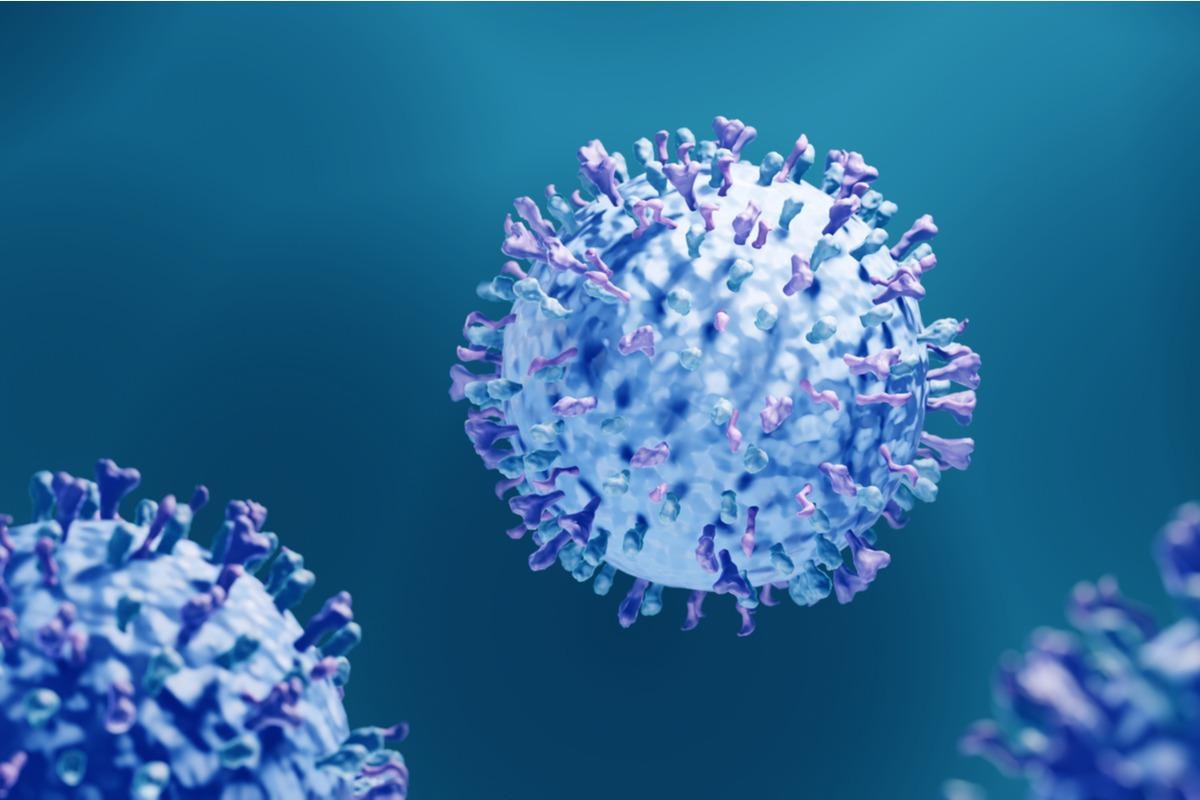A study on adult women and infants in British Columbia, Canada, demonstrated that the humoral immunity against the respiratory syncytial virus (RSV) has significantly reduced. Overall, the study highlights that relatively short-lived anti-RSV immunity may be responsible for the repeated seasonal resurgence of RSV infections in British Columbia. The study has recently been published in The Journal of Infectious Diseases.
 Study: Waning immunity against respiratory syncytial virus during the COVID-19 pandemic. Image Credit: ART-ur/Shutterstock
Study: Waning immunity against respiratory syncytial virus during the COVID-19 pandemic. Image Credit: ART-ur/Shutterstock
Background
British Columbia, Canada, has experienced a near disappearance of RSV cases during the first year of the COVID-19 pandemic. The control measures implemented to mitigate the spread of severe acute respiratory syndrome coronavirus 2 (SARS-CoV-2) could also be responsible for mitigating RSV.
During the three prior pre-pandemic seasons (2017 – 2020), an average of 1500 RSV cases were detected in British Columbia. In contrast, only five cases were detected during the first pandemic season (2020 – 2021). This prolonged lack of RSV exposure might influence protective immune responses at the population level.
In the current study, the scientists have estimated anti-RSV binding and neutralizing antibody levels in women of childbearing age and infants before and during the first year of the COVID-19 pandemic.
Study design
Healthy women of childbearing age (18 – 51 years) and infants residing in British Columbia were enrolled in the study. The serum samples were collected from the participants after the typical peak season of RSV infection in each studied year. The samples were used to measure the levels of anti-RSV IgG and neutralizing antibodies. In addition, RSV-specific T cell response was measured using peripheral blood mononuclear cells.
Humoral (antibody) immune responses to respiratory syncytial virus
The analysis of serum samples revealed that the levels of anti-RSV IgG antibodies in women reduced significantly in 2021 compared to that observed in 2020. However, when compared to the antibody levels of age-matched women in 2018 and 2019, no significant difference was observed.
The analysis of serum samples collected from infants revealed a 15-fold reduced anti-RSV IgG antibody levels in 2021 compared to that observed in 2020. An inverse correlation was observed between antibody levels in infants and post-natal age (afterbirth age). However, no such correlation was observed with gestational age (length of pregnancy).
Neutralizing antibody responses to respiratory syncytial virus
The findings of the live virus plaque assay revealed that the levels of anti-RSV neutralizing antibodies in women were 12-fold lower in 2021 compared to that observed in 2020. A similar reduction was observed compared with the antibody levels in 2018 and 2019. In infants, a 3.4-fold lower level of neutralizing antibodies against RSV was observed in 2021 compared to that observed in 2020.
Considering all samples collected from women and infants, a strong correlation was observed between anti-RSV IgG antibody levels and neutralizing antibody levels.
Regarding cellular immune responses, a comparable level of RSV-specific CD4+ T cell response was observed in women between 2020 and 2021.
Study significance
The study reveals a significant reduction in anti-RSV binding and neutralizing antibody levels in both women and infants after one year of the COVID-19 pandemic. In women, the reduction could be due to a prolonged lack of exposure to RSV.
Since infants are immunologically naïve to RSV, they mostly depend on maternal antibodies to avoid severe RSV infection in the initial years after birth. Thus, the reduced humoral immunity observed in infants could be due to the combined impact of waning maternal immunity and a lack of exposure.
Unlike antibody response, the T cell responses in women remain mostly unaffected during the pandemic. This indicates the presence of a long-lived memory T cell response that can protect adults against severe infections, despite a lack of humoral immunity.
However, infants who do not have memory immune responses are primarily dependent on maternally-transferred antibodies. Thus, a waning humoral immunity could make infants more susceptible to severe RSV infection.
Overall, the study indicates that anti-RSV antibody responses decline rapidly with time and that continuous exposure to RSV is necessary for a durable protective immunity.